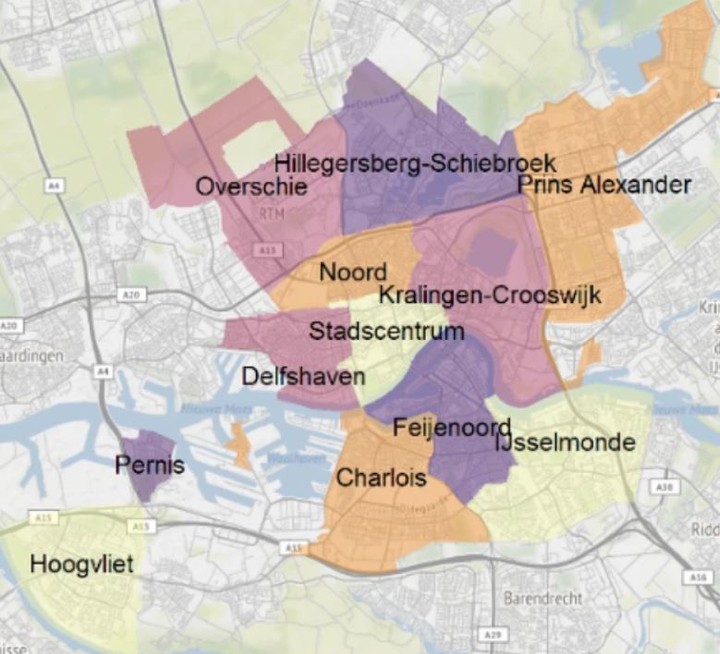Ethnic segregation and spatial patterns of attitudes.
Studying the link using register data and social simulation

Abstract
We theorize the causal link between ethnic residential segregation and polarization of ethnic attitudes within and between ethnic groups (e.g. attitudes towards immigration policies, multiculturalism, tolerance or trust in certain ethnic groups). We propose that the complex relationship between segregation and polarization might be explained by three assumptions: (1) ethnic membership moderates social influence–residents influence each other’s attitudes and their ethnic background moderates this influence; (2) spatial proximity between residents increases opportunities for influence; (3) the degree of ethnic segregation varies across space–and therefore, the mix of intra- and inter-ethnic influence also varies across space. We borrow and extend an (agent-based) simulation model of social influence to systematically explore how these three assumptions affect the polarization of ethnic attitudes within and between ethnic groups under the assumptions made in the model. We simulate neighborly interactions and social influence dynamics in the districts of Rotterdam, using empirically observed segregation patterns as input of our simulations. repository/website. Long live Open Science!.